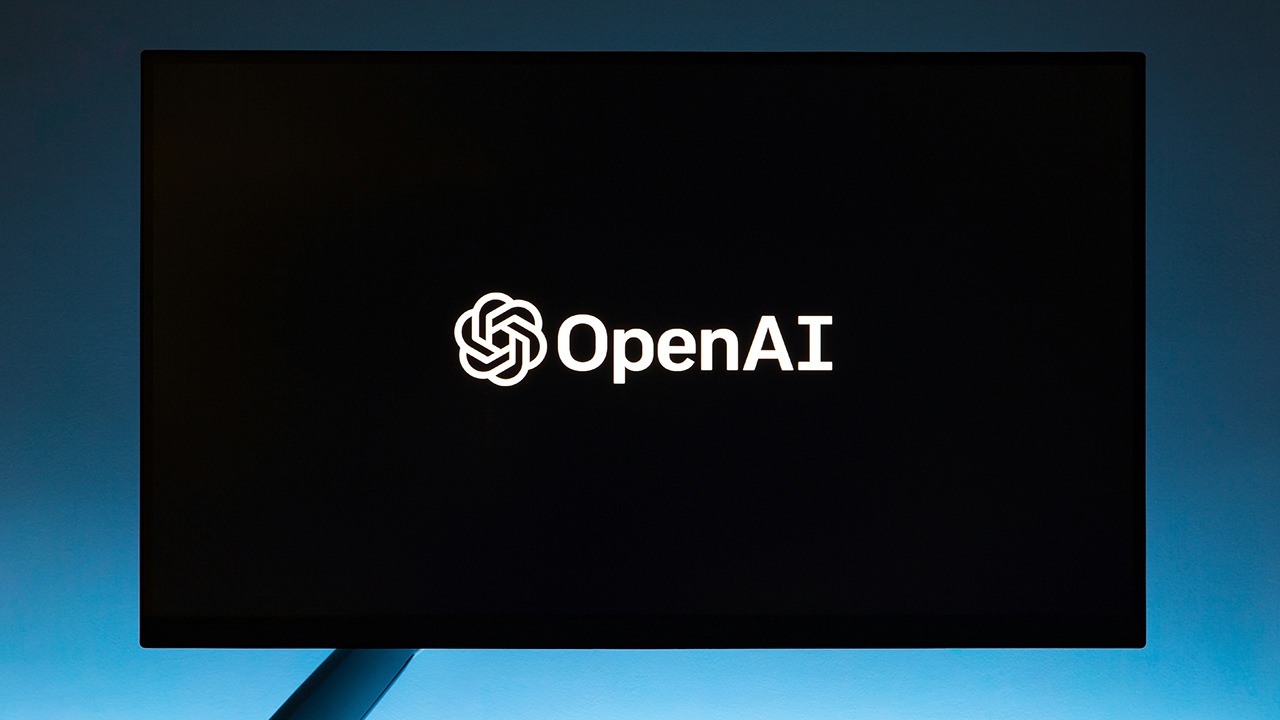Introduction
OpenAI, under the leadership of CEO Sam Altman, is gearing up for a significant shift in its research capabilities by announcing plans to hire a dedicated AI researcher by 2028. This ambitious initiative is poised to enhance OpenAI’s contributions to the ever-evolving field of artificial intelligence (AI).
The Announcement
Altman shared his vision for OpenAI, emphasizing the necessity of integrating a ‘legitimate AI researcher’ into the team. This move highlights OpenAI’s commitment to fostering innovation while ensuring responsible development practices in AI technologies.
Context and Background
OpenAI has consistently been at the forefront of AI research and development. In January 2025, Altman made headlines by stating that the company was beginning to pivot towards ‘superintelligence,’ aiming to create AI systems capable of performing at or beyond human levels. For more details, check out TechCrunch’s article on AI Superintelligence.
Adding to the context, Altman stepped down from OpenAI’s internal Safety and Security Committee in September 2024. This restructuring aimed to enhance oversight, but it also raised some eyebrows regarding the organization’s dedication to AI safety. Learn more about this departure in TechCrunch’s report.
Implications for the AI Landscape
Short-Term Impact
- Talent Acquisition: By pursuing a dedicated AI researcher, OpenAI is likely to attract top-tier talent, enhancing its research capabilities.
- Industry Competition: This strategic move may intensify competition with tech giants like Meta, who have been aggressively expanding their AI teams. Reports indicate that Meta has been offering significant compensation packages to lure away talent from OpenAI, including bonuses upwards of $100 million, as noted in a Reuters article.
Long-Term Impact
- Advancement of AI: Employing a dedicated AI researcher could usher in advancements in AI model development, which can benefit the broader AI community.
- Ethical Considerations: With a focus on responsible AI development, this initiative could address emerging ethical concerns surrounding AI deployment.
Conclusion
The intent to hire a legitimate AI researcher marks a crucial evolution in OpenAI’s trajectory. As the AI landscape continues to transform, such pivotal hires could provide necessary momentum in developing responsible and advanced AI technologies. As we monitor these developments, the implications for OpenAI and the broader AI field remain significant.
For continual updates on OpenAI’s activities and their impact on the AI industry, stay tuned!


